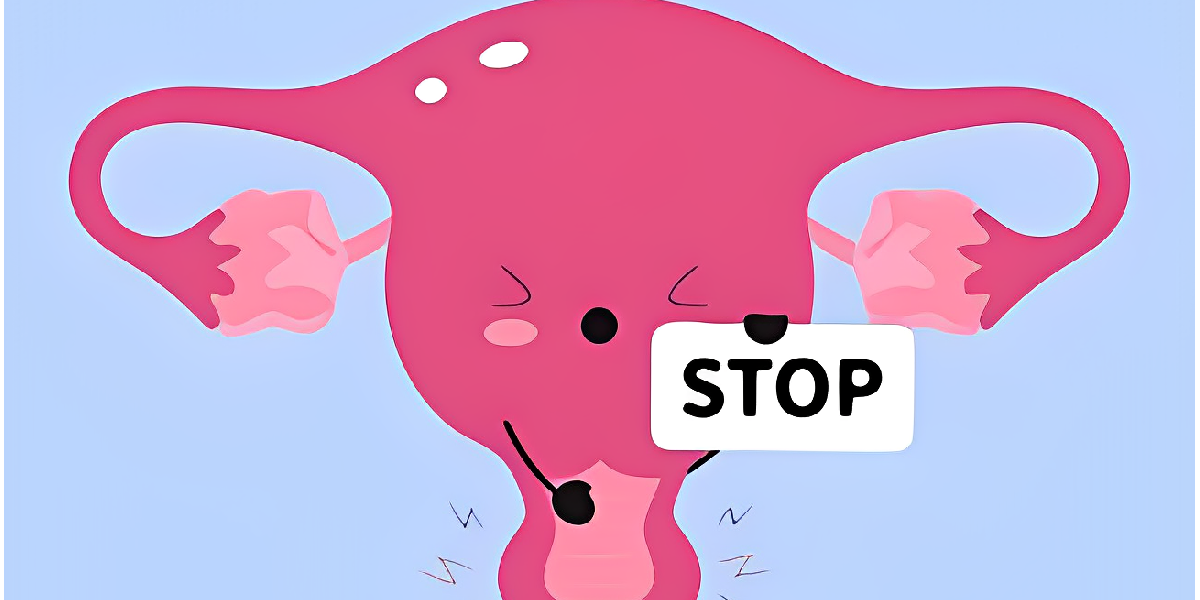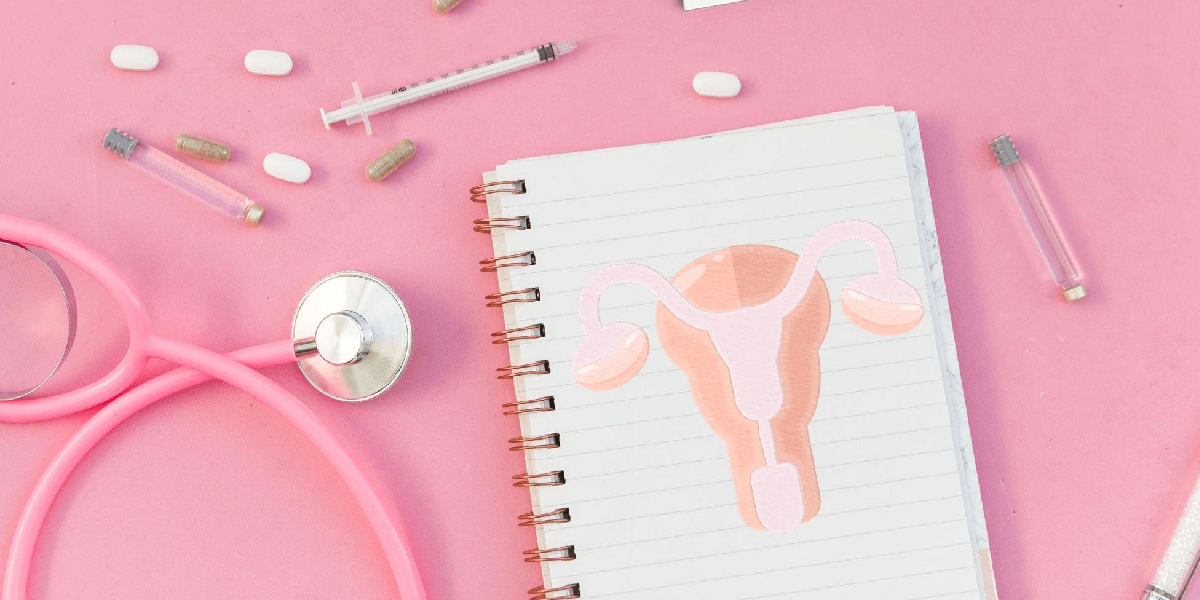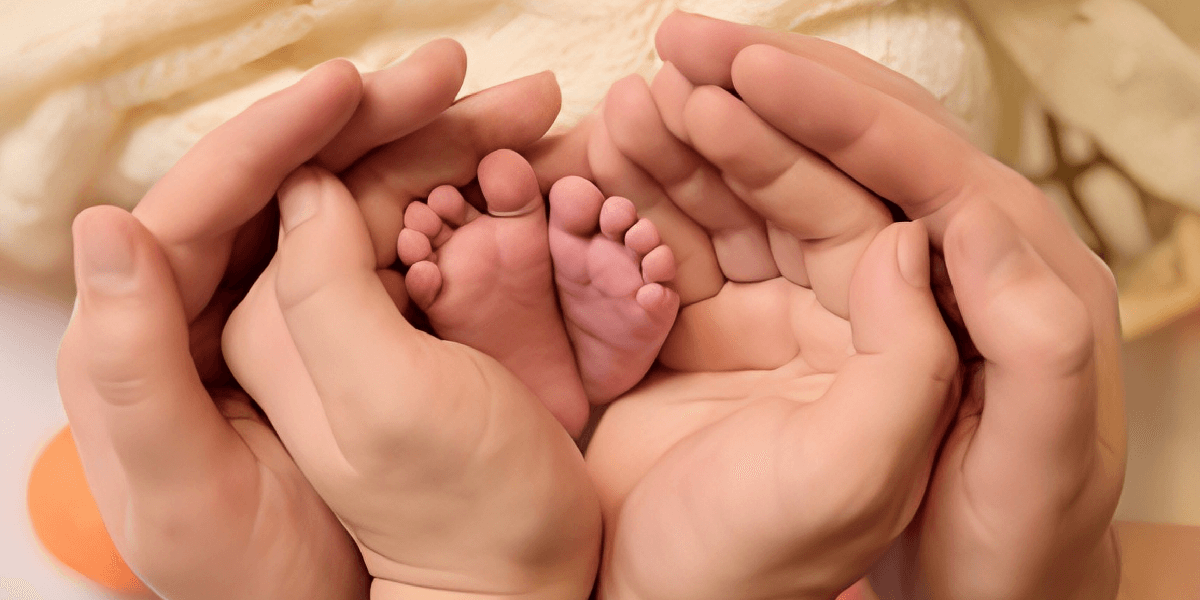© Copyright 2018. All Rights Reserved.
Infertility Treatments for Men & Women: Holistic Solutions & Care
-2023-11-19-6559dd6a071f3.png)
There are countless couples around the world who struggle with infertility and face challenges in their quest for parenthood. It is imperative to combine medical treatment with holistic care strategies to address both male and female infertility.
Here are some things you need to know about male infertility:
-2023-11-19-6559df382ae52.png)
A common cause of male infertility is the health, quantity, and motility of the sperm. Hormonal imbalances, genetics, lifestyle choices, and medical conditions contribute to this problem. Male infertility can be treated with several different treatments, including:
An interventional medical procedure:
An embryologist assesses various factors that affect the quality and production of sperm. Anatomical issues can be corrected through surgical procedures or medication to address hormonal imbalances.
The following lifestyle changes have taken place:
-2023-11-19-6559e0831046a.png)
Sperm quality can be significantly improved by adopting a healthier lifestyle, which includes diet modification, regular exercise, and minimizing stress.
Methods of assisted reproductive technology (ART):
Assisted Reproductive Technologies (ART): Revolutionizing Fertility Treatment

Infertility is a common problem for individuals and couples who are struggling to conceive. Assisted reproductive technologies (ARTs) comprise a range of advanced medical procedures intended to aid individuals or couples in achieving pregnancy. New avenues on the journey to parenthood have been opened to many hopeful parents worldwide by these innovative techniques.
IVF, intrauterine insemination (IUI), or egg freezing are examples of ART procedures that can be used to enhance pregnancy outcomes when conventional methods of conception are not successful.
An overview of assisted reproductive technologies:
-
The process of in vitro fertilization (IVF) consists of the following steps:
-2023-11-20-655af1dfe0df6.png)
-
As follows:
In IVF, eggs and sperm are fertilized outside the body in a laboratory environment.An embryo is transferred to the uterus once it has been fertilized.
-
This applies to:
With this procedure, you can address various causes of infertility, including blockages in the fallopian tubes, disorders of ovulation, and endometriosis.
-
How it works:
A series of stages is involved, starting with ovarian stimulation, retrieval of the eggs, fertilization in the laboratory, embryo culture, and transfer of the embryos.
-
-
The procedure of intracytoplasmic sperm injection (ICSI) is as follows:

-
Steps to follow:
The process of ICSI involves injecting a single sperm directly into an egg to facilitate fertilization.The treatment is particularly beneficial in cases of severe male infertility.
-
Suitable for:
In the case of sperm issues, such as low count or poor motility, conventional IVF may not succeed in fertilization.
-
Success Rates:
ICSI has shown high success rates, providing viable options for couples facing male factor infertility challenges.
-
-
Intrauterine Insemination (IUI):
-
Procedure:
IUI involves placing washed and concentrated sperm directly into the uterus around the time of ovulation to facilitate fertilization.
-
Applicability:
Recommended for cases of unexplained infertility, mild male factor infertility, or cervical issues.
-
Process:
It's a simpler procedure compared to IVF, involving controlled ovarian stimulation and timing the insemination with ovulation.
-
Advancements and Options in ART:
-
Preimplantation Genetic Testing (PGT):
-
Purpose:
PGT helps screen embryos for genetic abnormalities before implantation during IVF, reducing the risk of passing on certain genetic conditions.
-
-
Egg Freezing (Cryopreservation):

-
Utility:
Women can opt to freeze their eggs for future use, preserving fertility for career, medical, or personal reasons.
-
Individuals and couples facing infertility challenges can now find hope through assisted reproductive technologies (ARTs). The use of these methods has significantly increased the chances of conception, but determining the most suitable treatment plan requires guidance from an experienced fertility specialist.
There are many possibilities and opportunities awaiting those who are aspiring to have children or expand their family through the use of ART, as the landscape continues to change.
A look at solutions for female infertility:

It is possible for women to become infertile for a variety of reasons, including ovulatory disorders, structural issues, hormonal imbalances, or reproductive health issues. Treatments must include these elements in order to be effective:
Infertility medications include:
Infertility medications have revolutionized the field of reproductive medicine, offering hope to couples struggling to conceive. While these medications significantly improve the chances of conception, they require careful administration under medical supervision.
An increase in the chances of conception is possible with hormonal treatment when a woman has irregular cycles or ovulation disorders.
The following surgical interventions are available:
It is possible to improve fertility through minimally invasive surgery by correcting concerns such as blocked fallopian tubes or endometriosis.
Fertility Enhancement Through Holistic Approaches:
In addition to addressing medical concerns, holistic solutions also address overall well-being and reduce stress, which can negatively affect fertility. In addition, these include:
Providing nutritional support:
In order to maintain reproductive health, it is important to eat a balanced diet rich in nutrients that boost fertility, such as antioxidants, vitamins, and minerals.
Practices that promote a healthy mind and body include:
Relaxation, which is a key component of fertility, can be achieved through techniques like yoga, meditation, and acupuncture.
The support networks are as follows:

The emotional challenges of infertility can be navigated with the help of support groups or counseling.
Final conclusion:
It is often necessary to take a multifaceted approach when dealing with the complexities of infertility. The combination of medical interventions, lifestyle adjustments, and holistic care strategies offers couples aspiring to become parents hope and opportunity.
In order to develop the most suitable treatment plan tailored to each individual, you should consult with a qualified healthcare provider or fertility specialist.
With the aim of providing comprehensive information on effective treatments for both male and female infertility, as well as emphasizing the importance of holistic care and customized approaches, this blog aims to provide a comprehensive understanding of the best treatments available.
Recent Post
-

Intrauterine insemination (IUI) Success Tips: Enhance Your Fertility
-

The Connection Between HCG Hormone and Pregnancy: Explained in detail
-

Conquering Asthenozoospermia: Strategies for Male Fertility Success
-

Embracing Sensuality with Vaginismus: Strategies and Support
-

Understanding Endometriosis: Symptoms, Causes & Management | Guide





